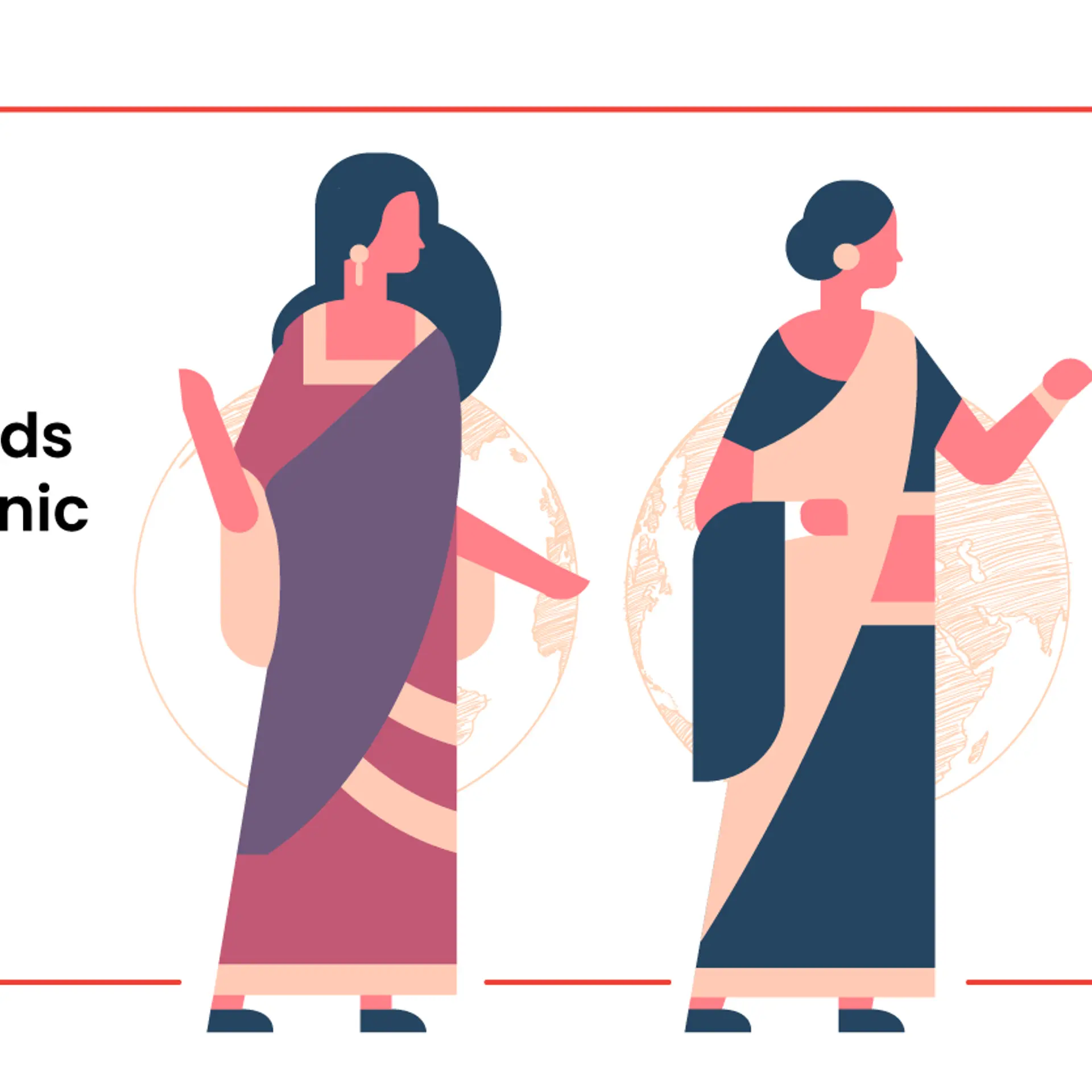Policy correction, hybrid approach, and tech adoption is the way forward for MSMEs: Panel at Amazon Smbhav event
Amazon Smbhav 2022 focussed on key topics around small business digitisation, exports, startup enablement, innovation, skilling, and job creation. In a panel discussion on the way forward for MSMEs, speakers highlighted some pain points and solutions.
A panel discussion at the two-day virtual Amazon Smbhav Summit 2022 focussed on key topics in the micro, small and medium enterprise (MSME) sector such as small business digitisation, exports, and startup enablement, innovation, skilling, and job creation.
Representatives from several trade groups and businesses took part in the discussion. Panelists included K Bhasker Reddy, President, Federation of Telangana Chamber of Commerce & Industry (FTCCI); Ashok Kumar Agarwal, President, Indian Industries Association, Ramaseshan Ramachandran, Director, BHI Capital Advisors & Executive Committee Member of the Tamil Chamber of Commerce; Shailesh Patwari, former President, Gujarat Chamber of Commerce & Industry and Current Board Member of GCCI and MD SR Group, and Davneet Kaur, Founder of The Umbrella Store.
The session was hosted by Dr Aruna Sharma, Development Economist and former Secretary Government of India.
The session began by focussing on the importance of ecommerce for the small businesses which had shown resilience amid the tough time of pandemic COVID-19.
Hybrid business is the future
"MSMEs are the backbone of the Indian economy," Shailesh said, adding that the sector is one of the biggest employment generators and GDP contributors. However, by leveraging e-platforms, it can reach greater heights.
On consumers' shopping preferences, Ashok highlighted the imitations in online and offline set ups. While neighbourhood stores can provide instant credit and can customise orders, online stores can't.
Ashok, however, said that businesses that adopt a hybrid model would be successful in the long run.
“The hybrid model of kiranas is the future as it would help people even from the remotest areas to access products,” he added.
Leveraging technology
Discussing the tech adoption by MSMEs which happened by and large only during the pandemic, Ramaseshan says, “Penetration is not great according to me as there are a lot of people not yet brought in the online medium and further adds,
“Technological knowledge is very little in MSMEs. They have the manufacturing and service delivery skills but when it comes to bridging tech platforms, they have to outsource it. There needs to be an education mechanism to skill MSMEs in technology adoption.”
Speaking about the impact of MSMEs going hybrid, Shailesh points out that many businesses and industries shut down during the pandemic but MSMEs survived only through ecommerce platforms.
“When you want MSMEs to come together, there has to be an enablement approach as to the required things like gadgets, tech, or fund support,” Ramaseshan added.
Another panelist, Bhaskar added that Telangana State is at the forefront of a technological revolution. The state government, he said, has rolled out policies that help businesses across cities and smaller towns. Ecommerce has opened doors for many enterprises, he added.
Ecommerce: A platform to think local and act global
Support by the government is vital for MSMEs to grow as global businesses as policies and schemes introduced by lawmakers help these entities. When Dr Aruna asked the panel for any policy correction that needed to be done, Bhasker said that GST is one of the foremost concerns of the MSMEs where some small players have not crossed the threshold to be registered under GST due to which they are unable to work with ecommerce players.
Ramaseshan agreed that MSMEs are facing severe problems due to GST. “Even [whether] or not the MSMEs receive payment from their buyers, they have to pay the GST. But even after they pay GST, absence of reflection of payment from the supplier in the GST portal will not allow them to take any form of credit.”
Davneet asserted that a little concession for the online sellers on the benchmark of sales will be beneficial for new and young business owners.
“Ecommerce companies should also enhance their seller support. This will build confidence in the sellers and they would be encouraged to do more business.”
There should be ease of doing business as well as getting funding from banking institutions, the panelists said.
The panel concluded the session by saying that MSMEs can't be overlooked if we want India to grow.








